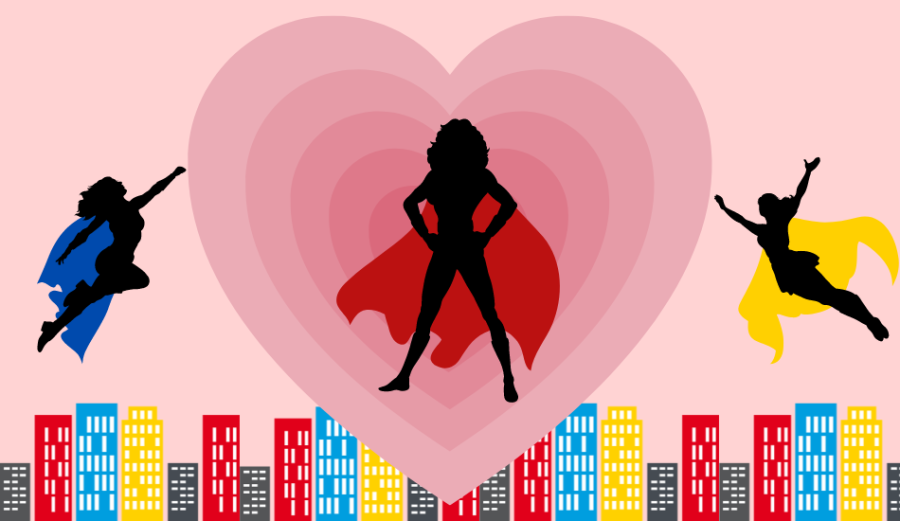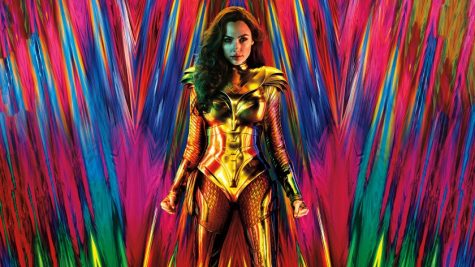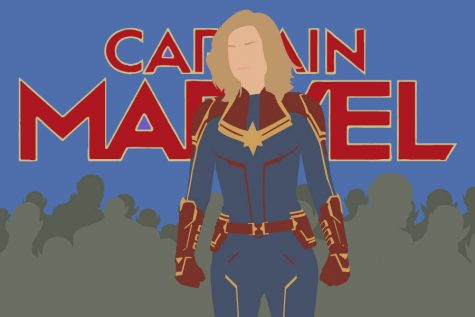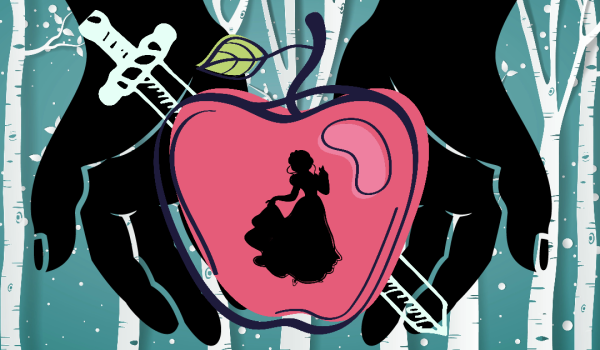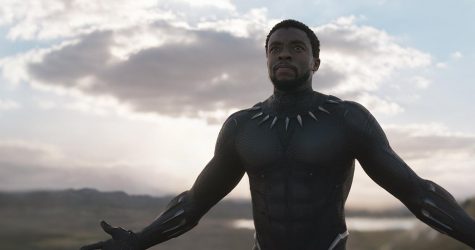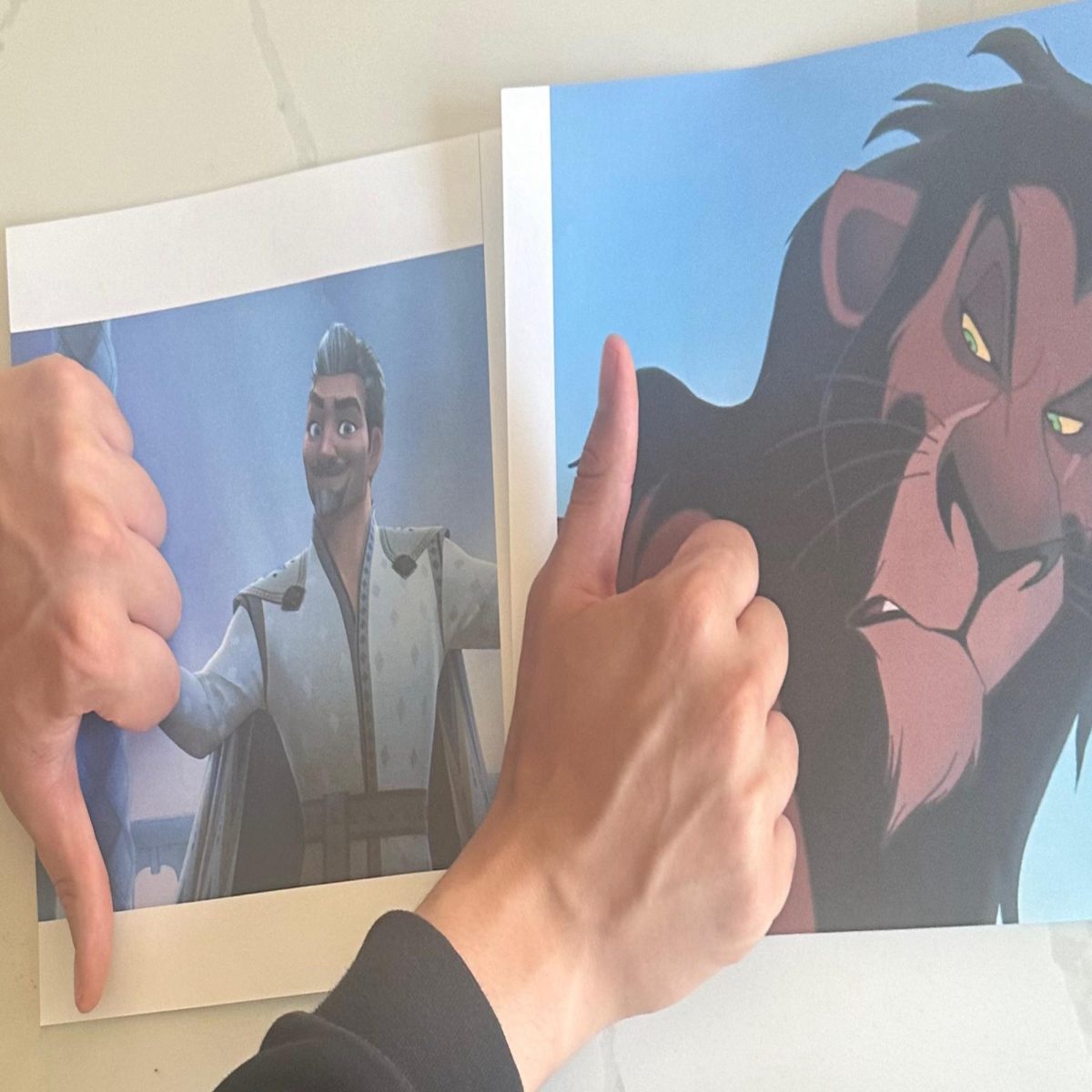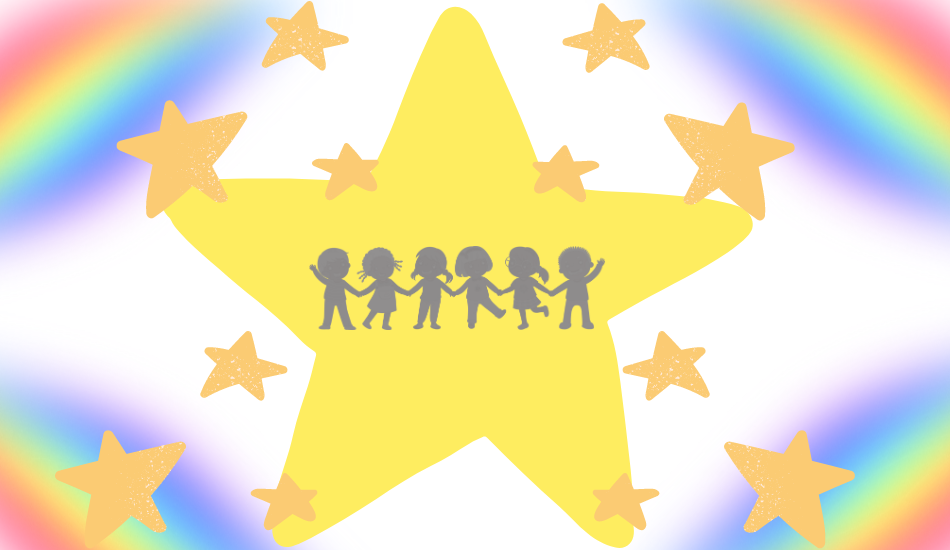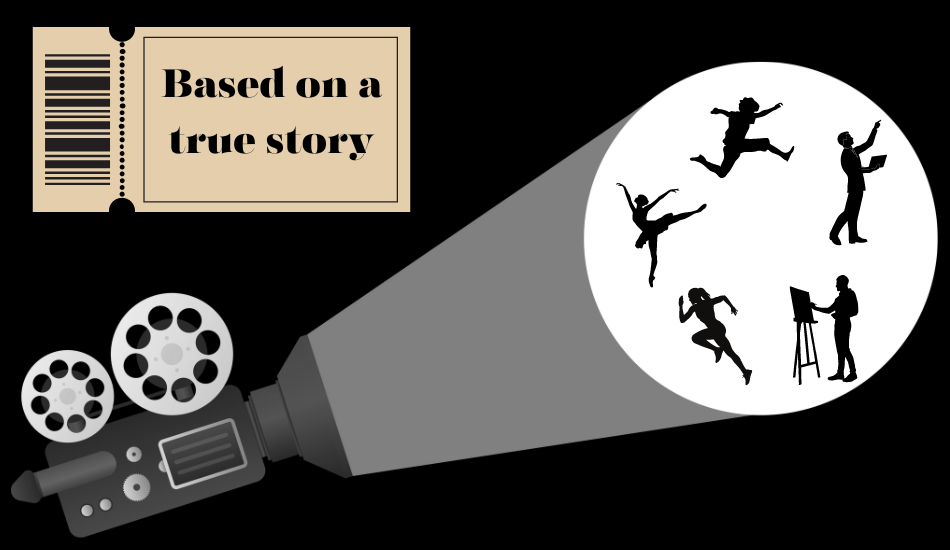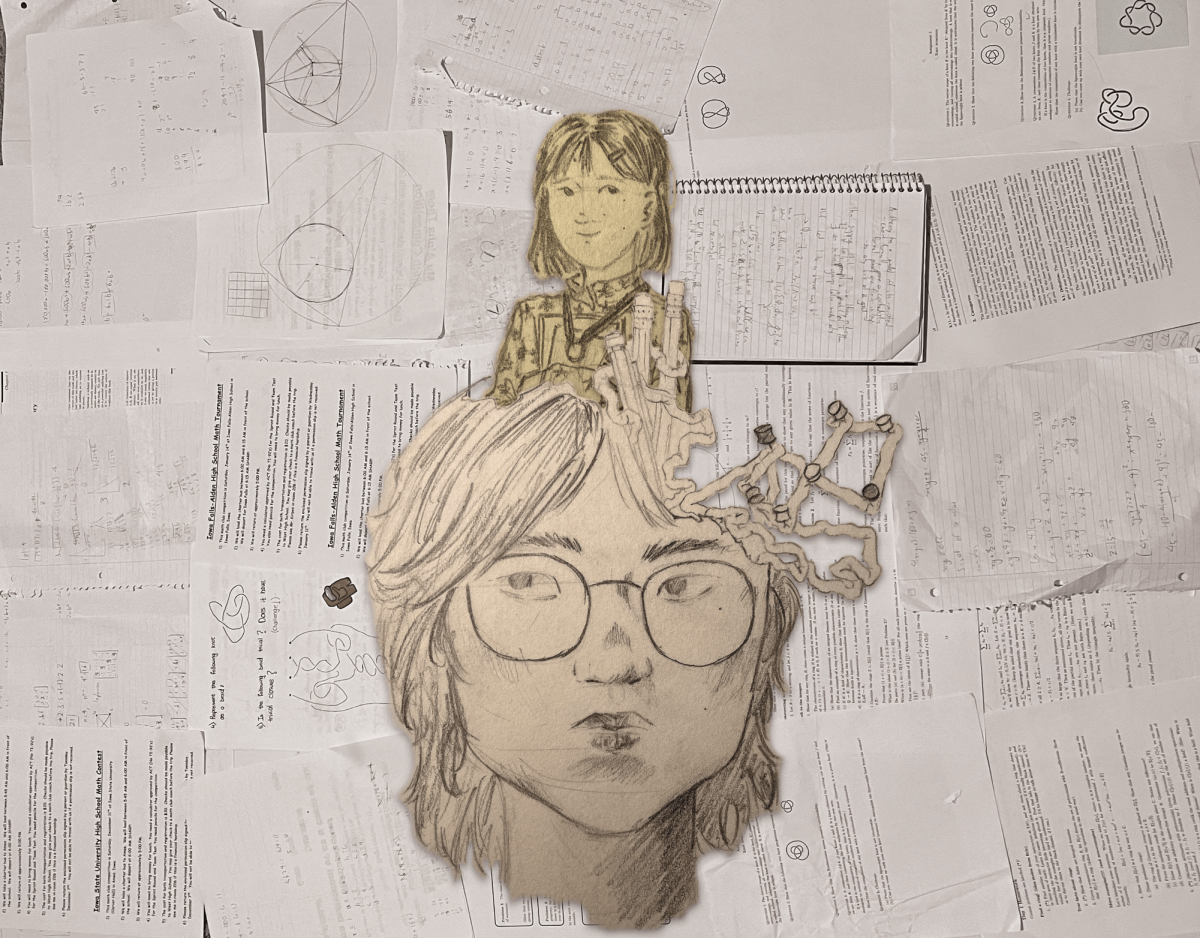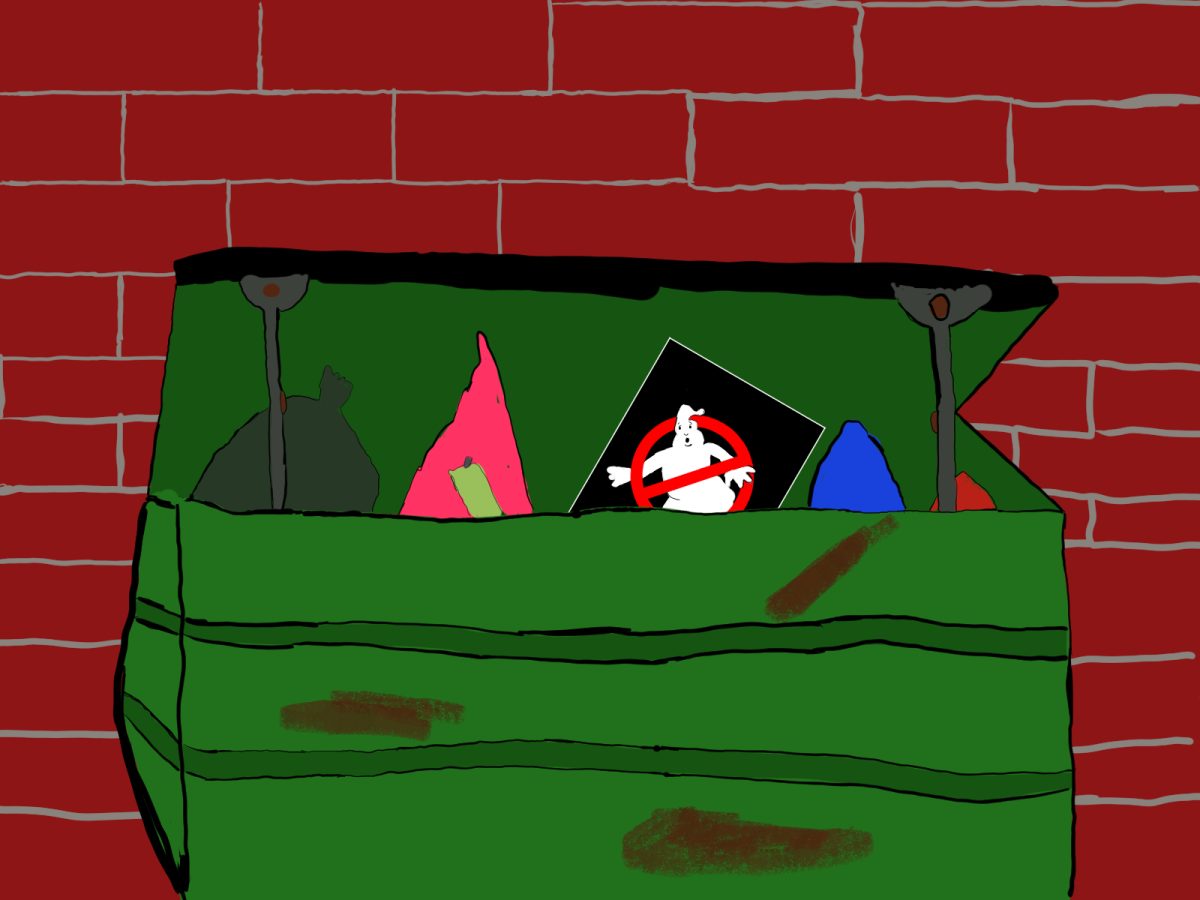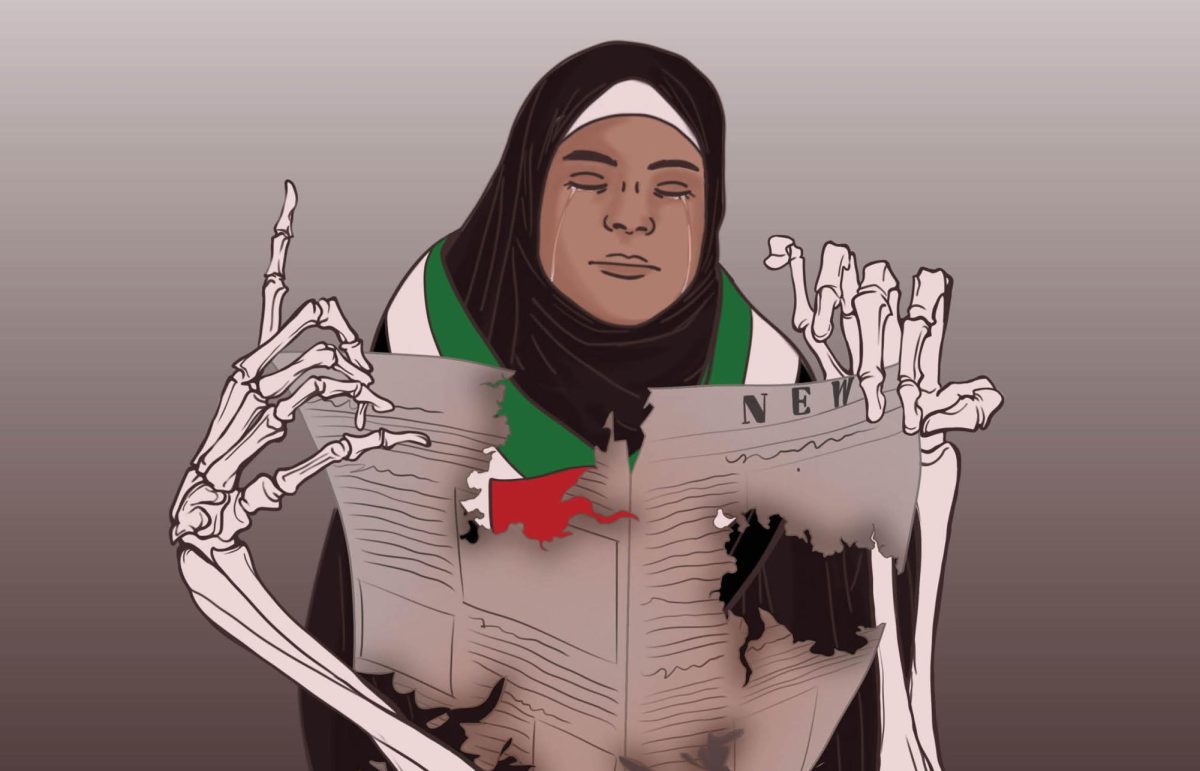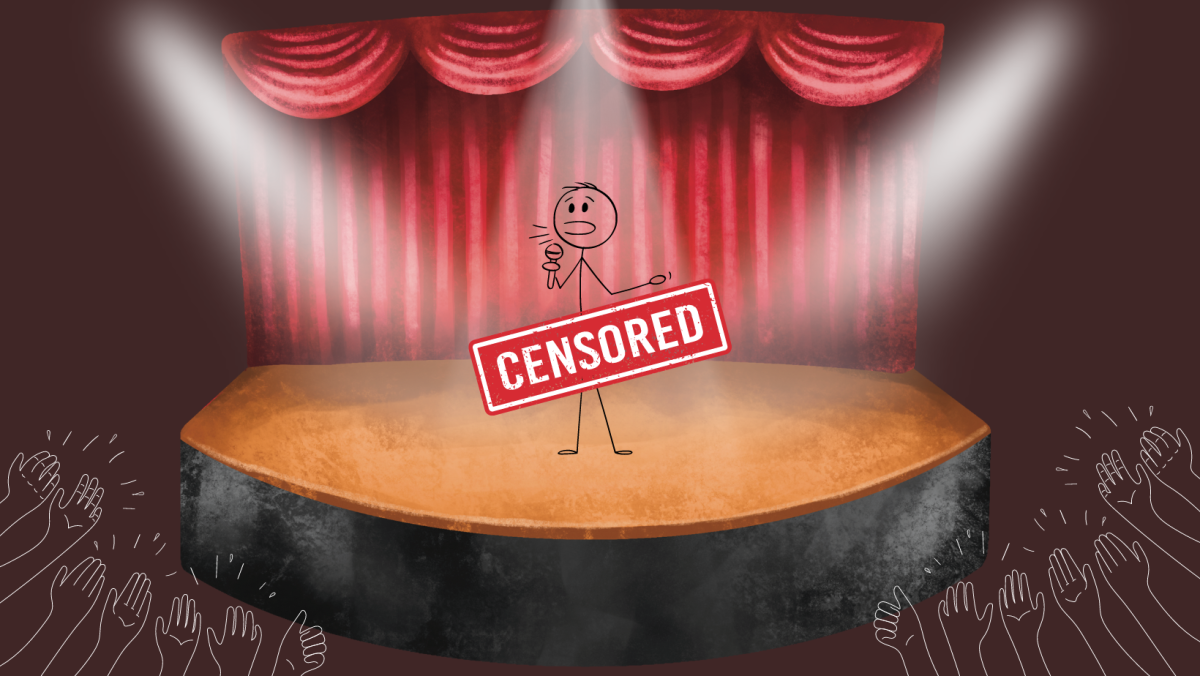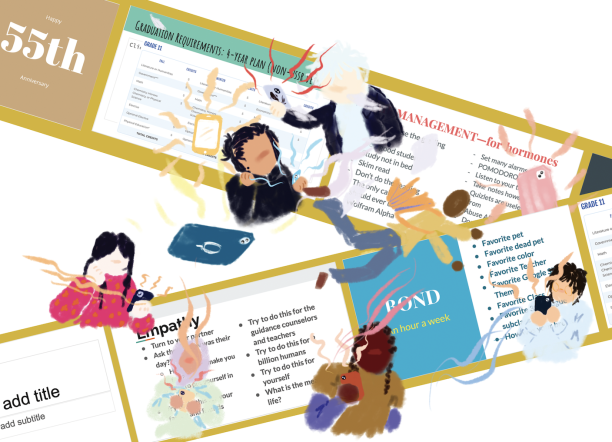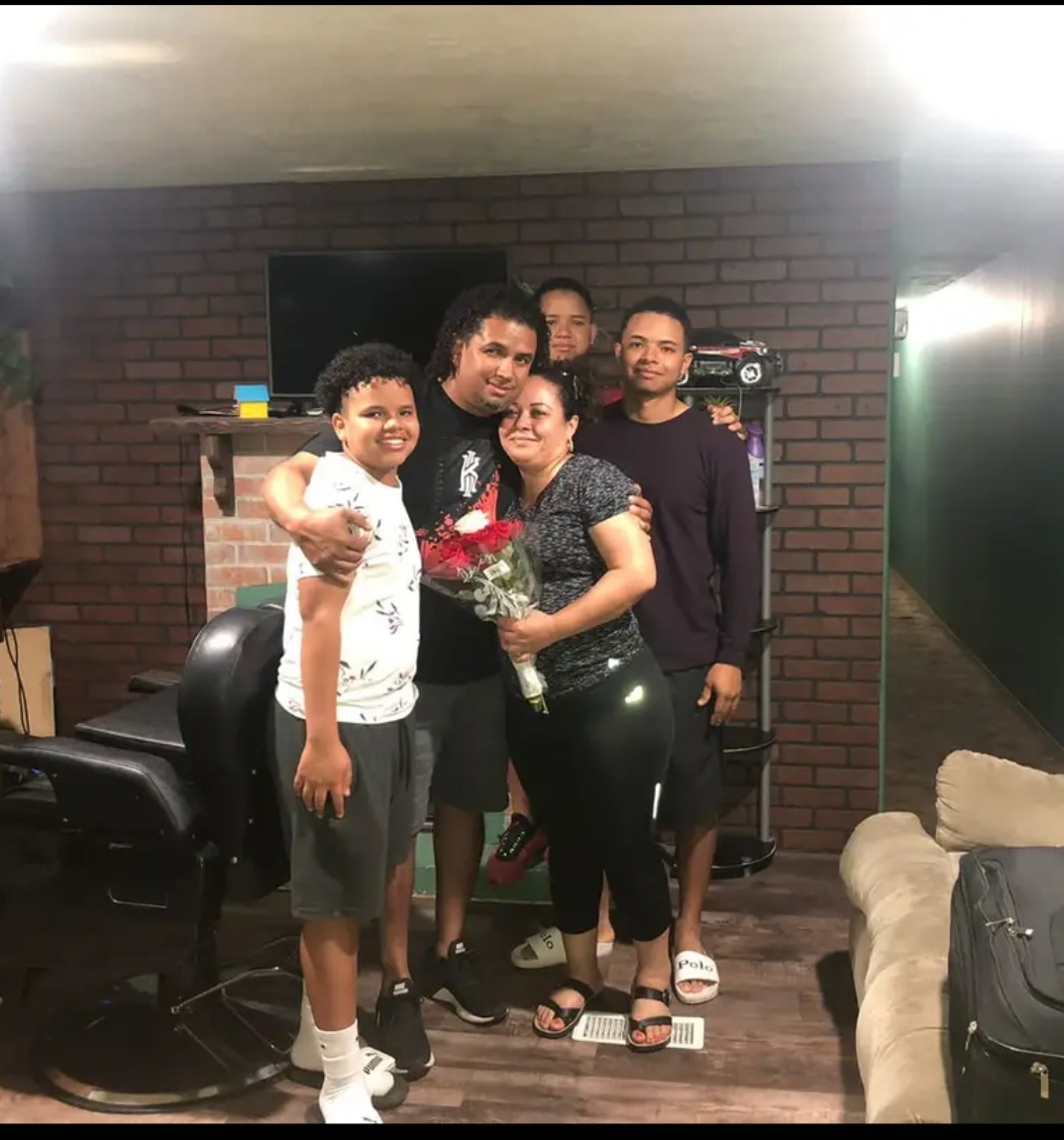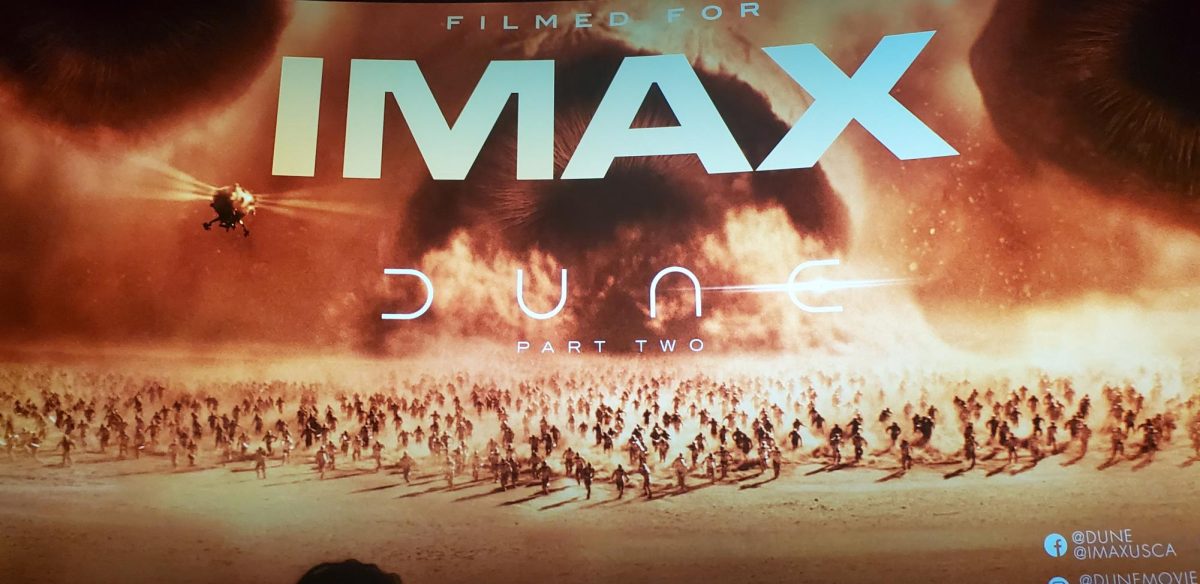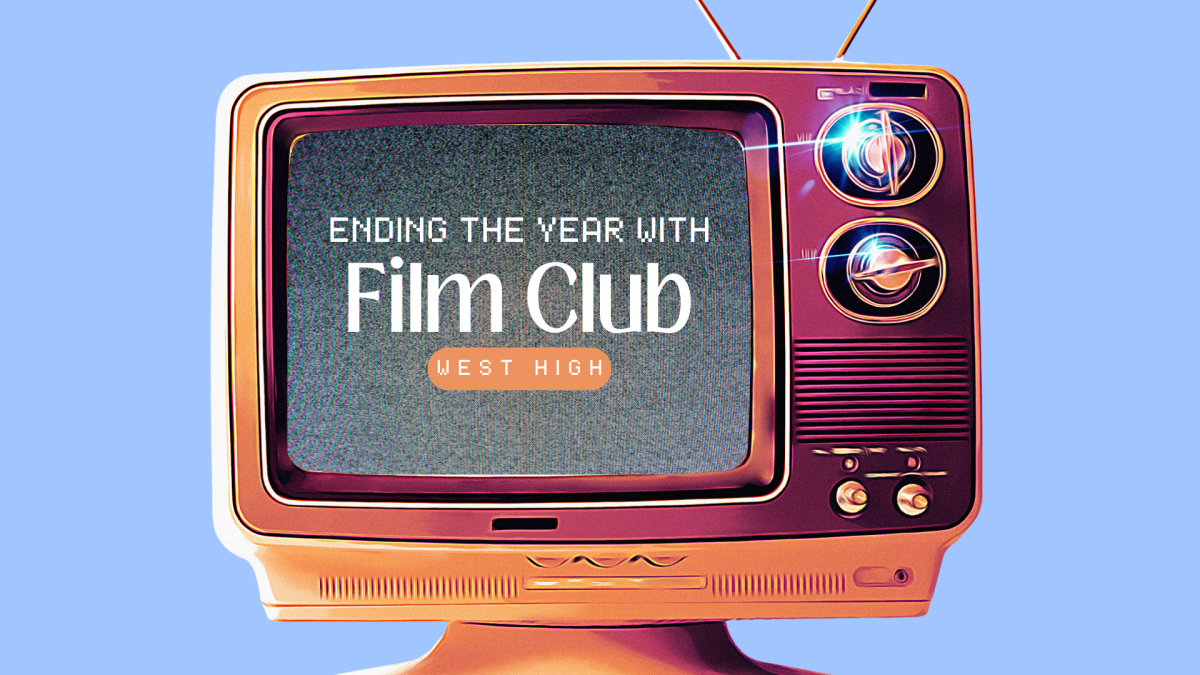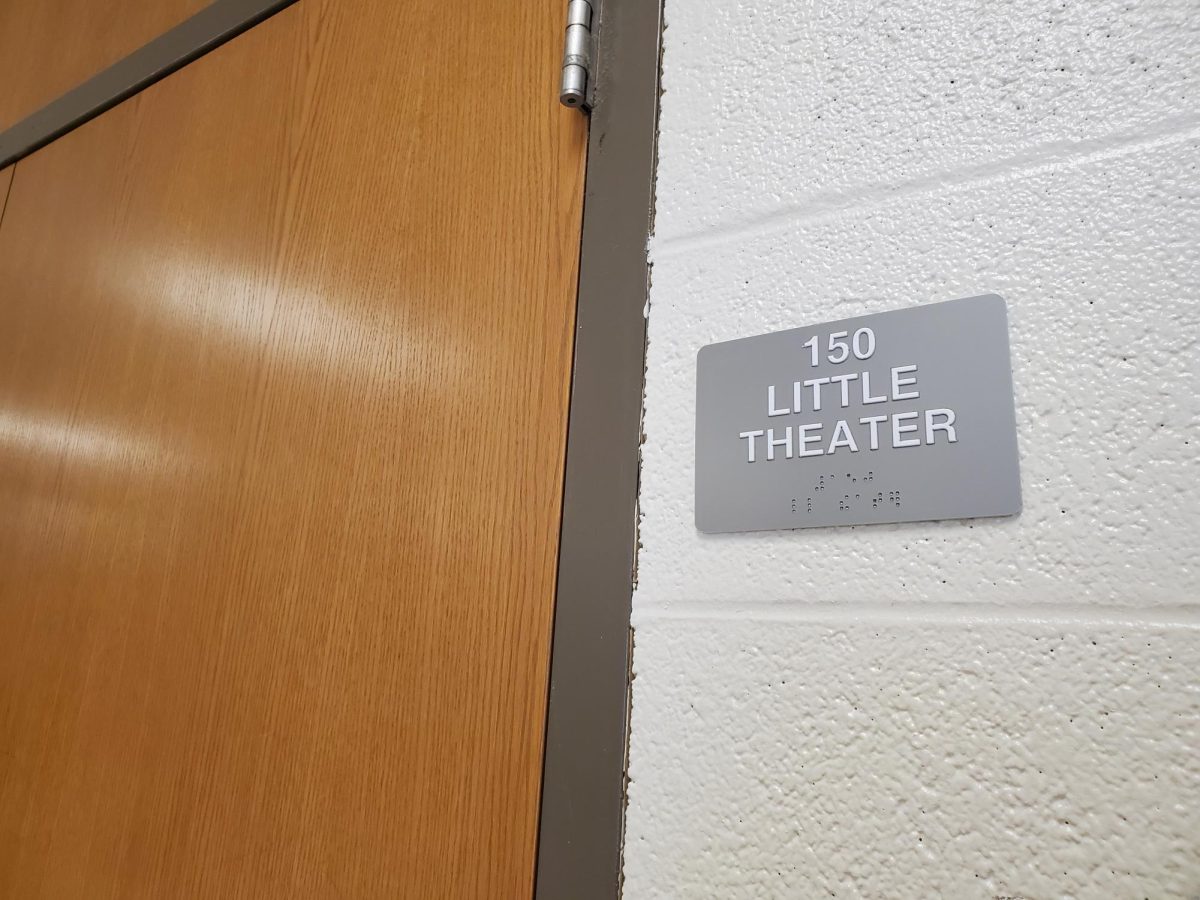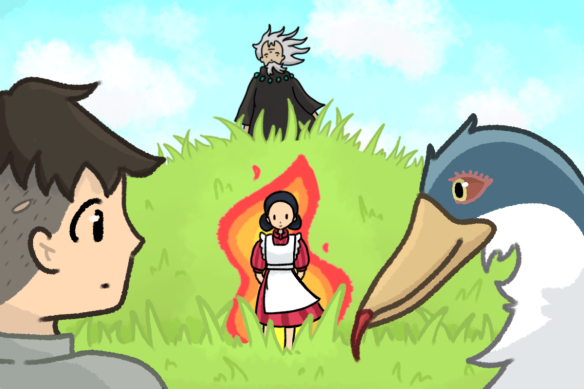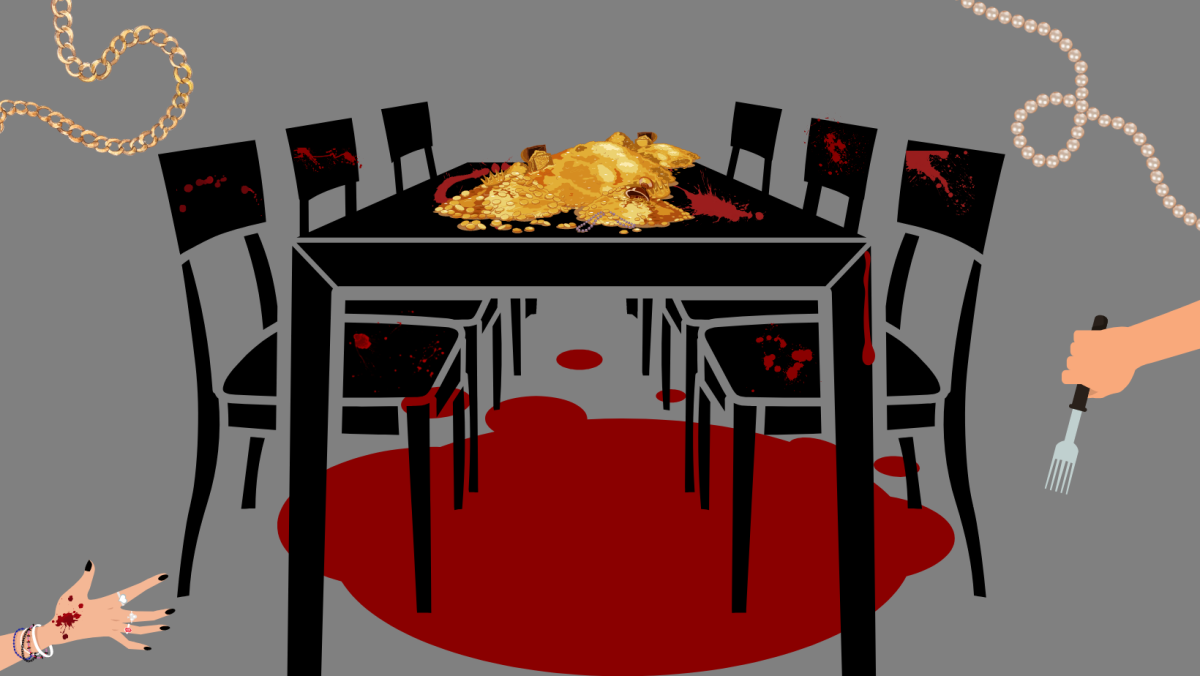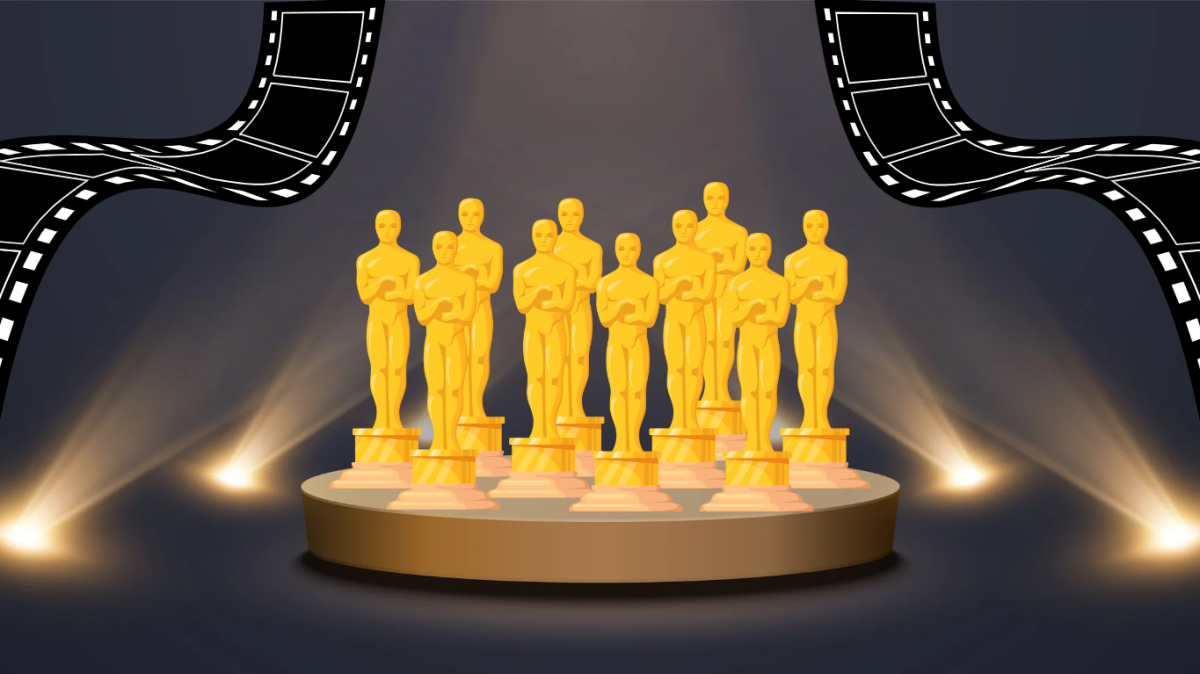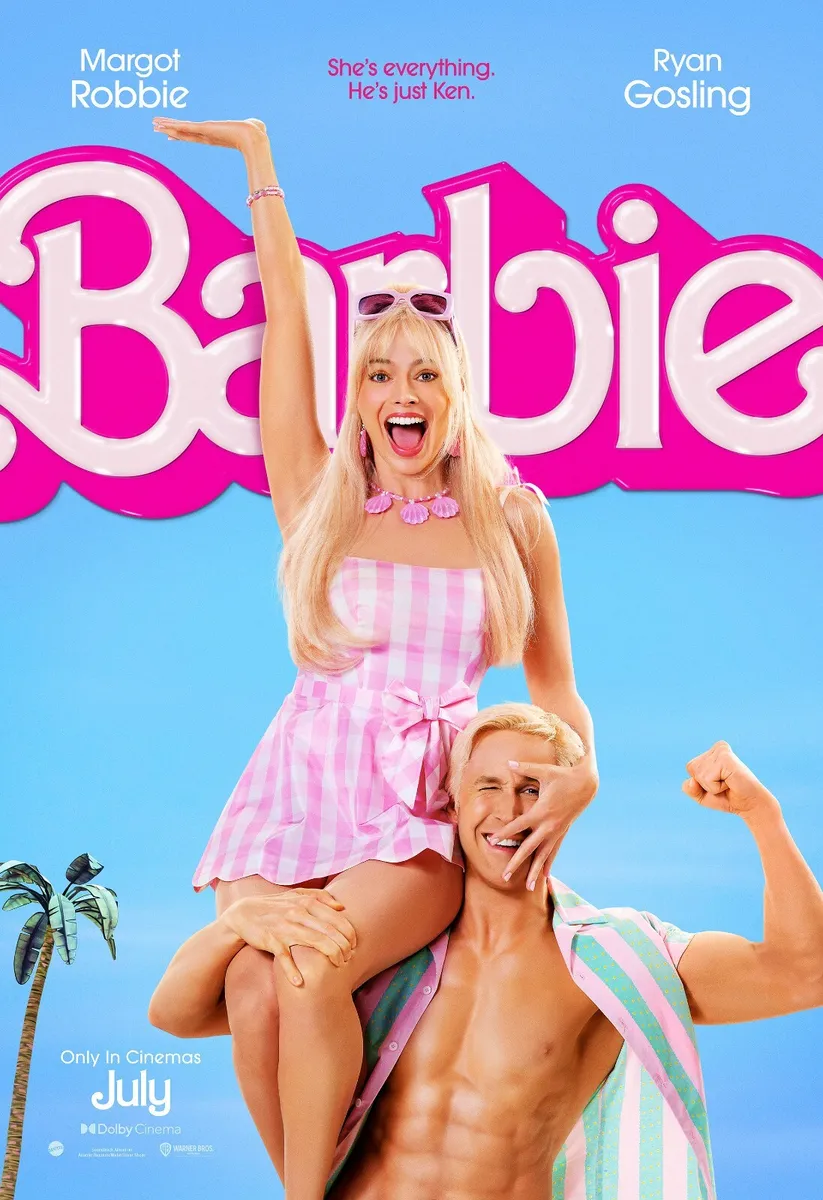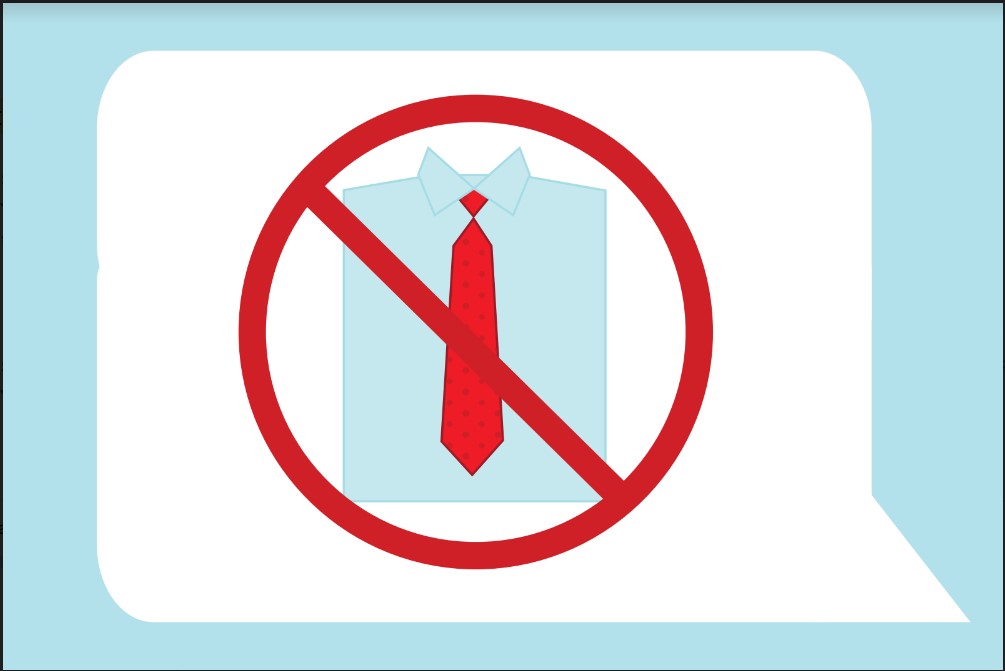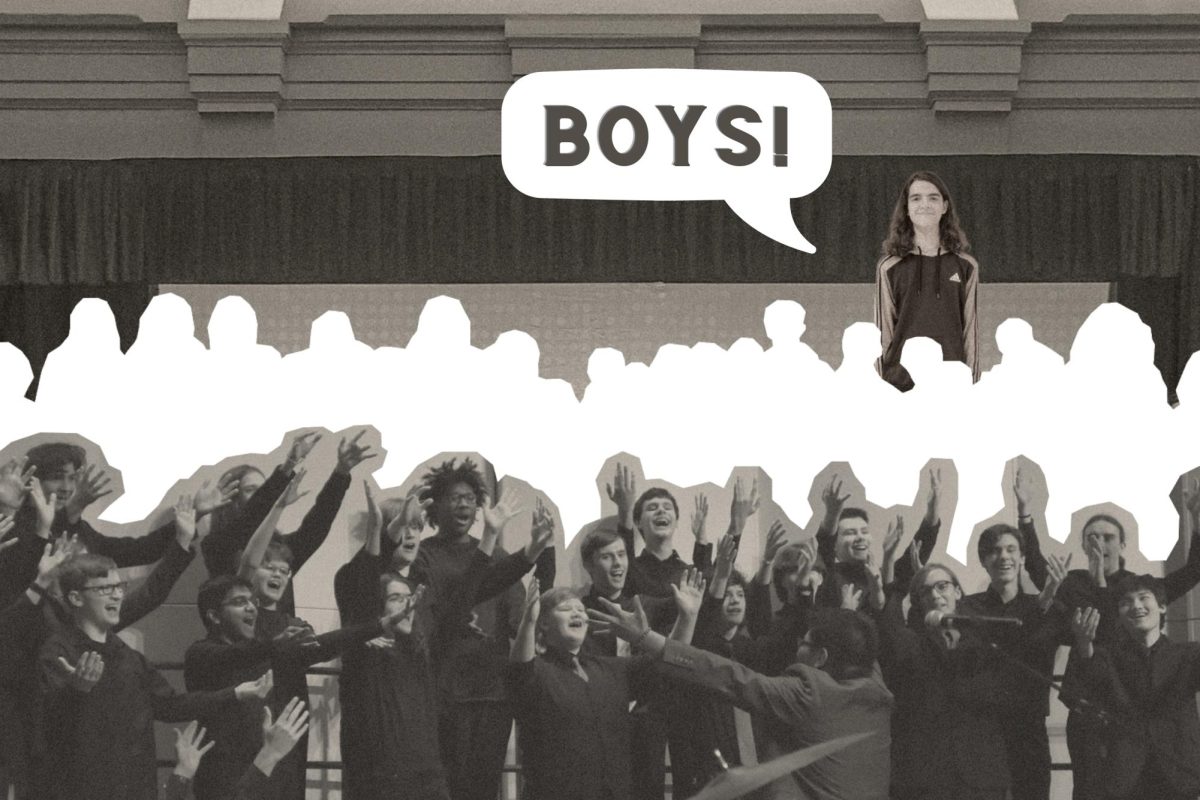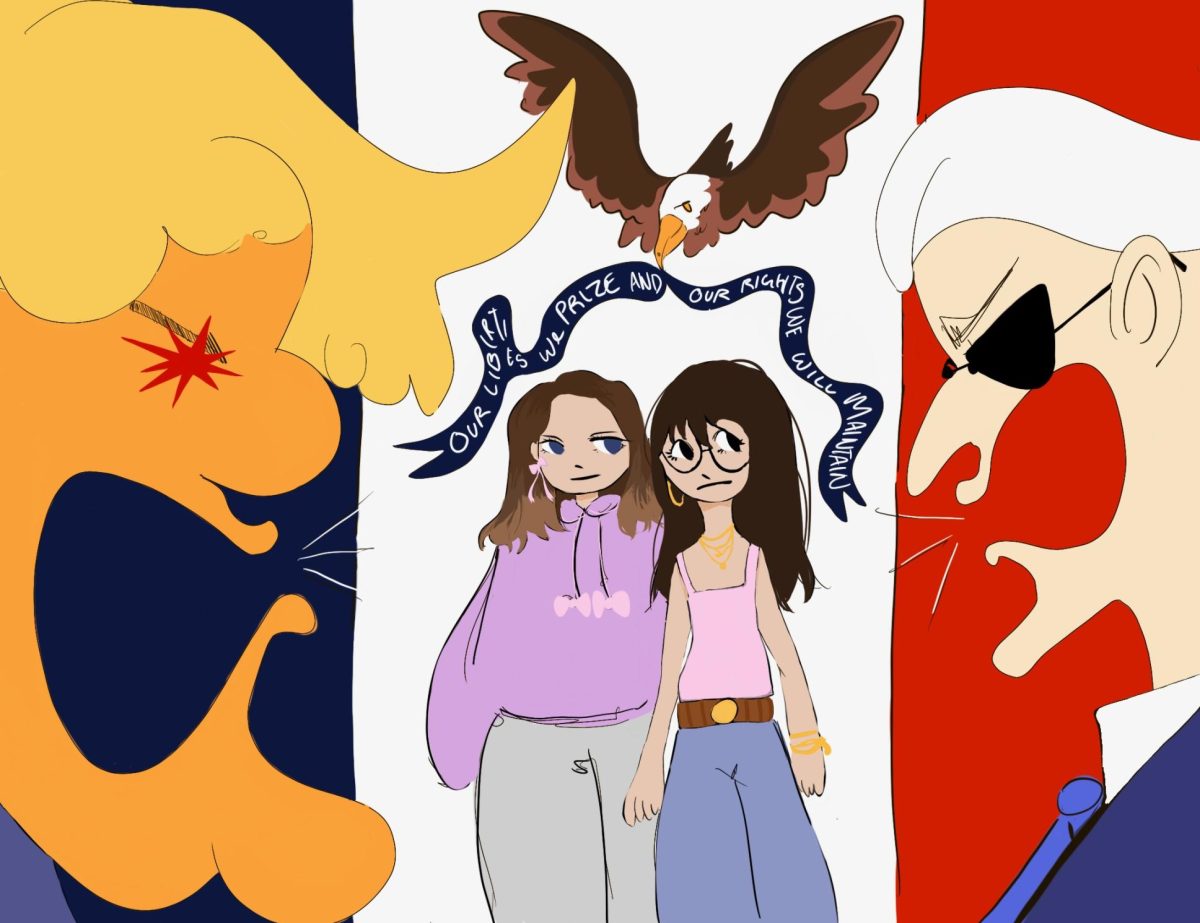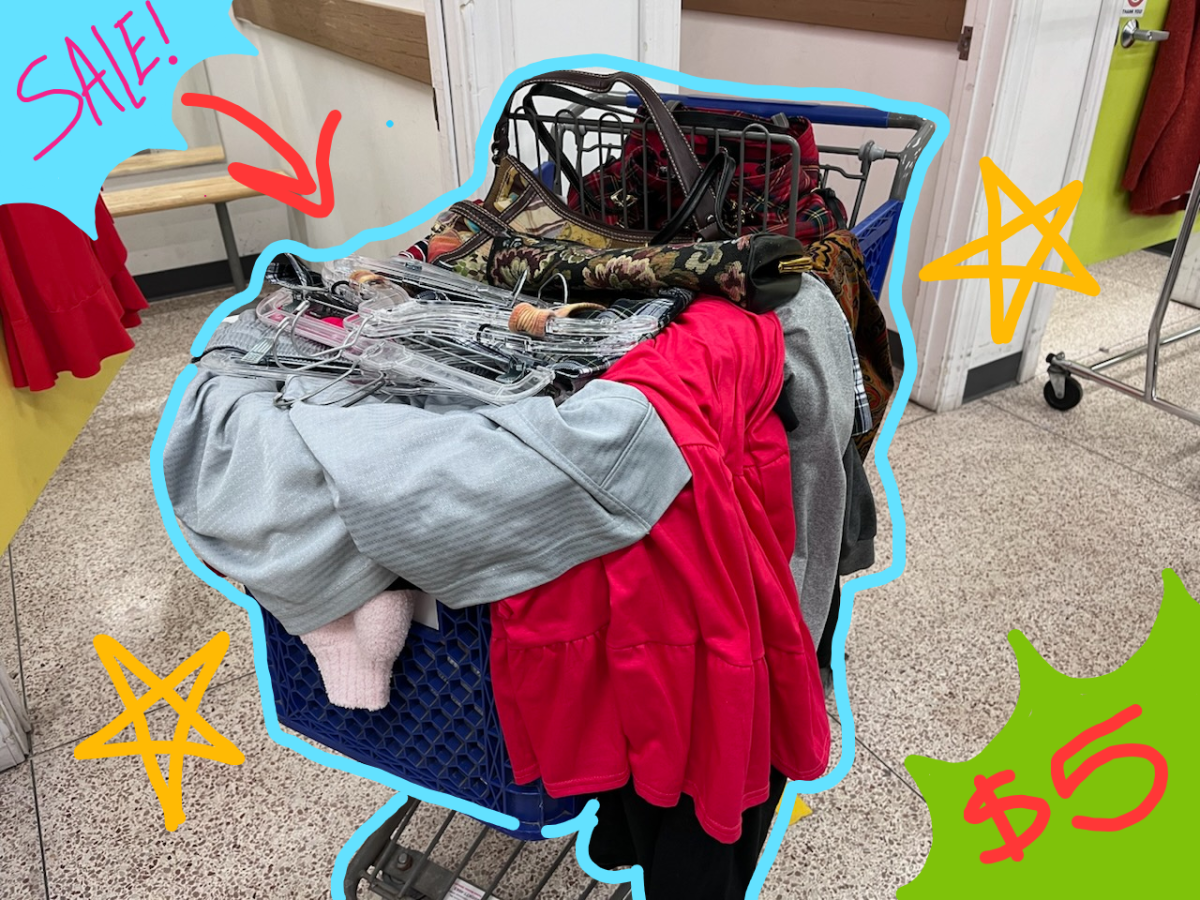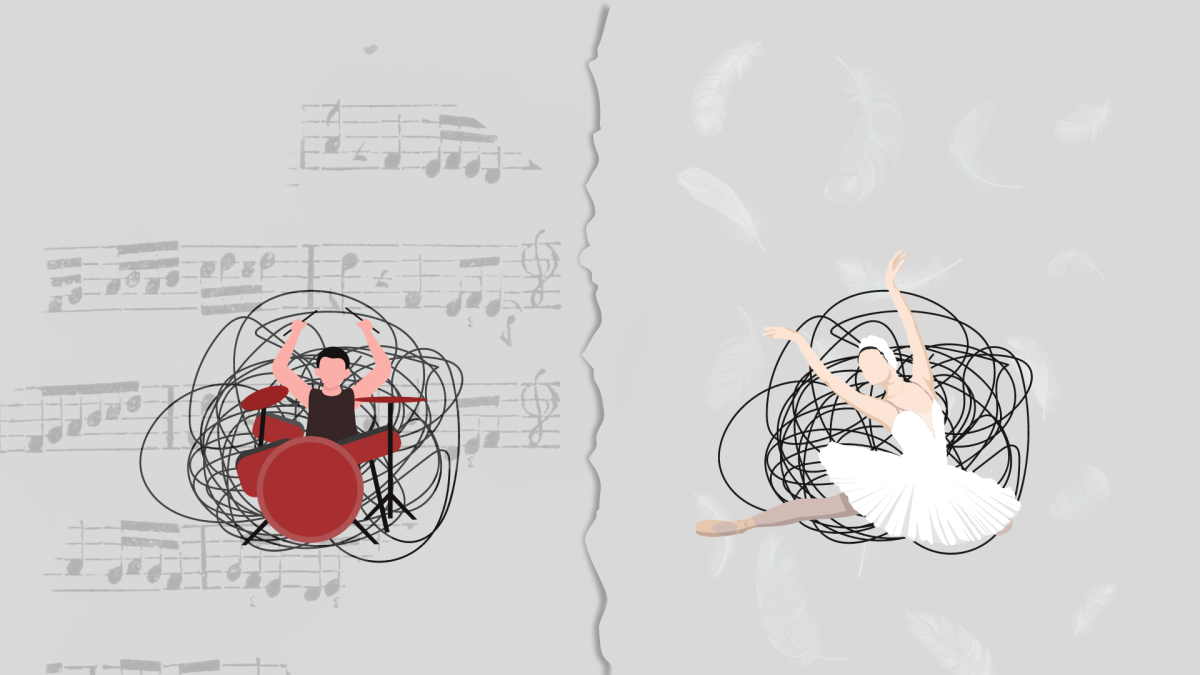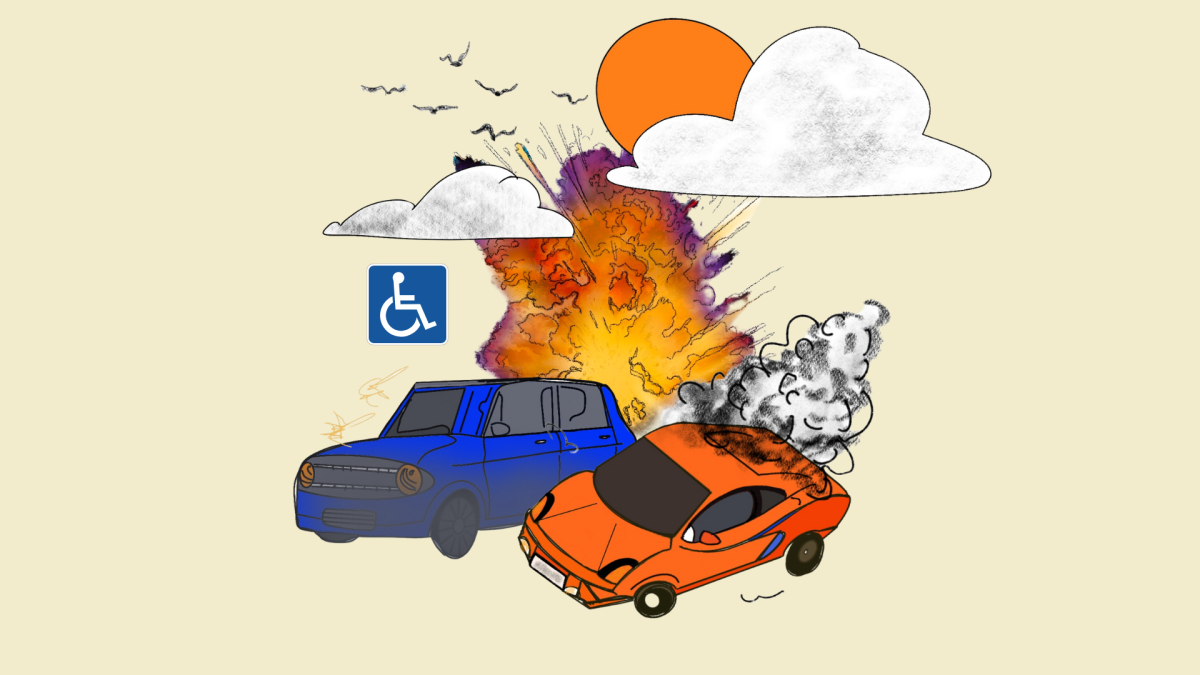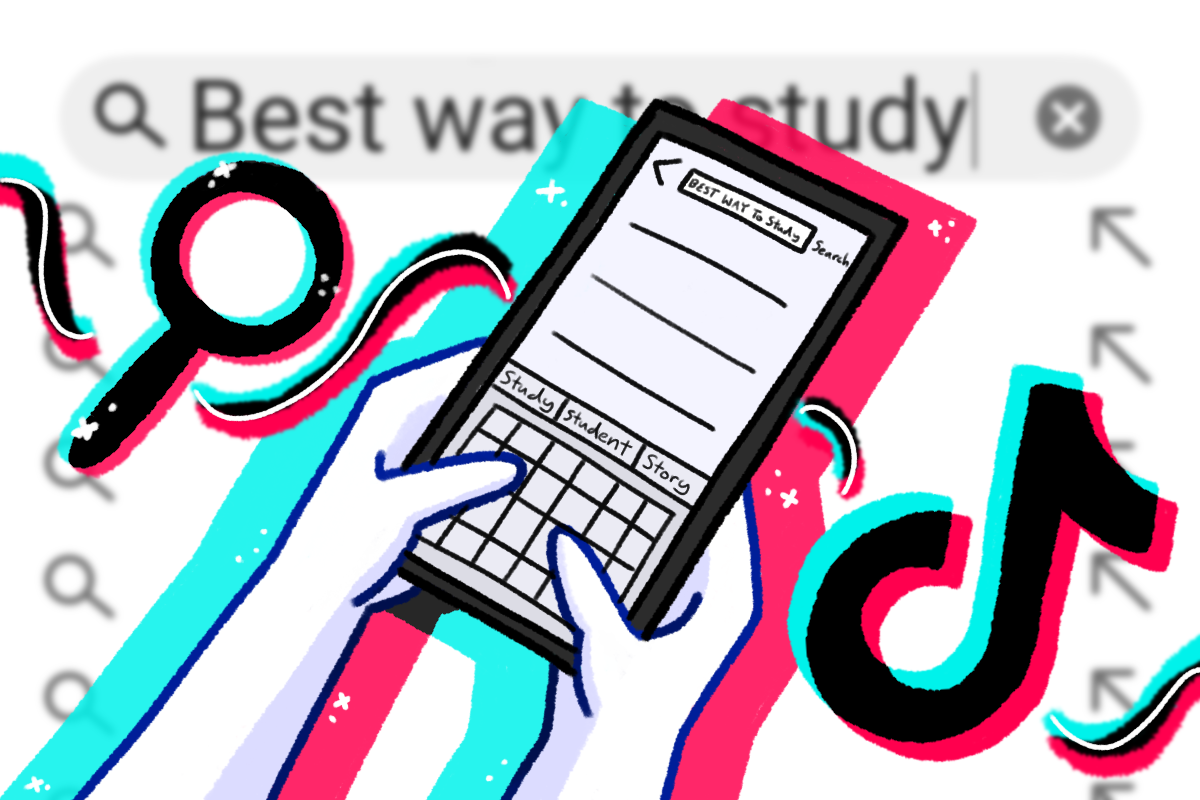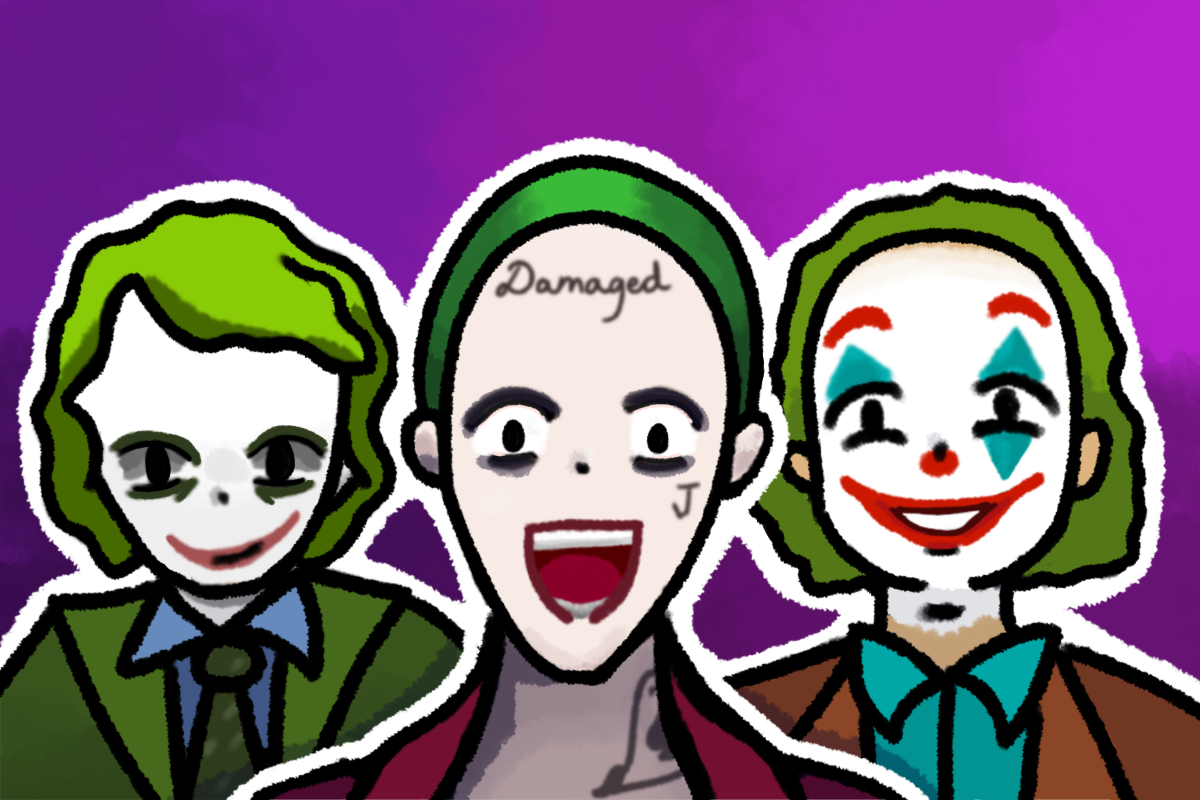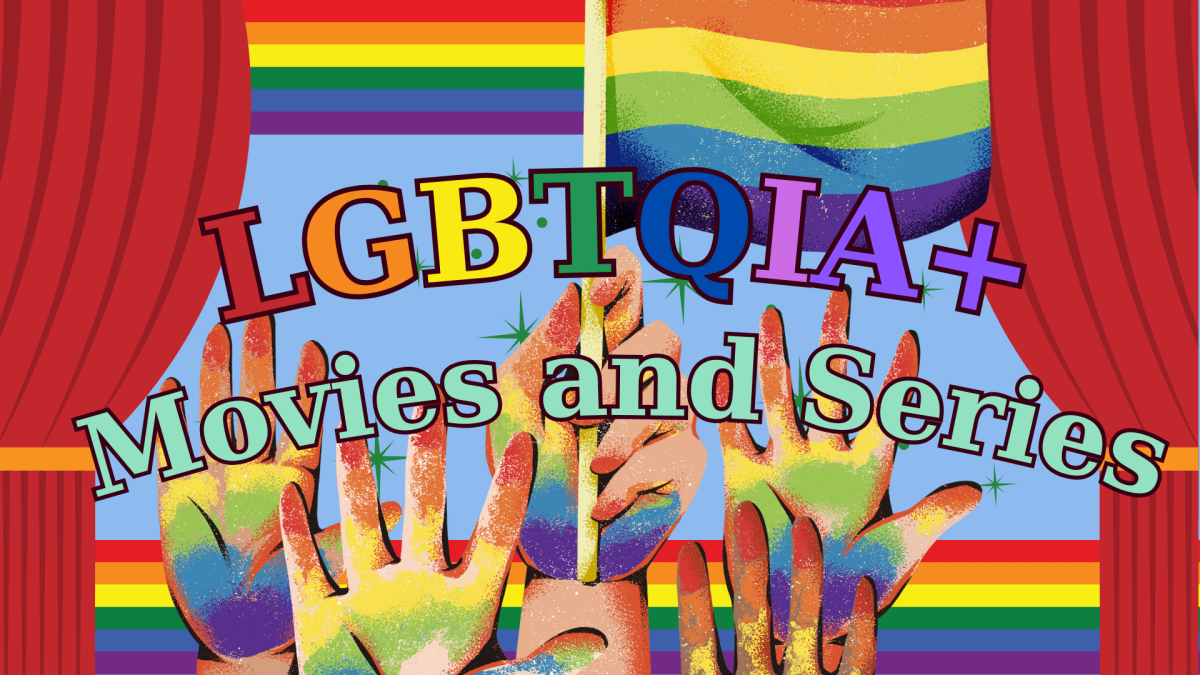Comic books and superheroes are not just for boys to enjoy. But they certainly are curated for them.
At a glance, it seems like I’m stating the obvious, and I am. But despite this being such an evident fact, it still continues to astound me how deep-rooted the issue really is to this day. Female superheroes are meant to symbolize empowerment for their fellow women, but instead, they are built to suit the wants of their male creators and fans. The continued prevalence of the male gaze in superhero media may appear to be dying down in keeping with the more progressive times, but the attitudes towards female superheroes have hardly changed.
Female superheroes are meant to symbolize empowerment for their fellow women, but instead, they are built to suit the wants of their male creators and fans.
— Nicole Lee '24
As “Madame Web,” the latest edition to the evergrowing Spiderman franchise, continues to be a box-office laughingstock, people blame the lack of any demand for female superheroes in media for the movie’s failure. Anyone who’s watched the film knows this isn’t true. If anything, it was the lack of care and effort in writing the heroines that caused the movie’s downfall. This is a prime example of why, even decades after the first female superhero was introduced in American comic books, we continue to run into the same issues when trying to create good female role models.
It’s tiring to hear over and over again that the reason for the continual failure of female-oriented superhero stories is that no one is interested in seeing them. Especially when it overlooks the various successful superheroines in media that people still can’t get enough of and are considered iconic figures in pop culture. Yes, you guessed it. I’m talking about everyone’s favorite superhero, dressed in red, white and blue, inspired by Greek mythology, fighting crime with her magical tools and saving the world… Usagi Tsukino a.k.a Sailor Moon.
Why are characters like Sailor Moon, the Powerpuff Girls, Jenny Wakeman, the Winx Club, etc., never included in the discussion of female superheroes? They have superpowers and save the day like everyone else. Yet, people (mainly men) will argue that they don’t count because their respective series are geared towards children.
Yes, because comic books and superheroes are only for mature, grown adults.
The truth is, these characters are the pivotal proof that writers are capable of writing superheroines and having their stories be successful among a general audience. While the main demographic may be targeted towards young girls, it’s hard to deny that concepts like magical girls tend to have a bigger fandom than any female superhero Marvel or DC has ever produced. And why? Because they’re heroines who aren’t written with a male-oriented mindset. They have actual character besides being the token female in a group of men, wearing provocative and impractical skintight suits, having superpowers that are only mind-based in nature because physical combat is a no-no for girls, or being bisexual-coded and sexually confident that’s supposed to be liberating for women but is really wish-fulfillment for men in disguise.
Magical girls are such an empowering concept because they show young girls that they don’t have to choose between being powerful and being feminine; they can be both. The more Western idea of female superheroism, on the other hand, seems to suggest that you have to take on more “masculine” traits in order to be taken seriously. Captain Marvel is known for her stoic personality and hot temper. Black Widow was literally sterilized.
Magical girls are such an empowering concept because they show young girls that they don’t have to choose between being powerful and being feminine; they can be both.
— Nicole Lee '24
It’s not a matter of “no demand” that female superhero movies fail, but not giving female superheroes and their stories the same care and attention as their male counterparts. Major brands like Marvel and DC are constantly guilty of this. Take Black Widow, for example; Natasha Romanoff was practically the poster child for the cliche female hero written by men: elusive, sensual, and only seems to exist for the sake of the male Avengers. Although Marvel managed to rebrand her as a three-dimensional heroine with some depth, she would remain as only a supporting character in the Avengers movies until finally getting her own film in 2021… after her canonical death. Whatever impact the film could’ve had is now forever lost, replaced with needless retconning of her backstory that came too late.
We could also talk about the mess that was “She-Hulk,” whose budget of around $25 million per episode clearly didn’t make it to the writers’ room, considering how much they butchered their titular character who had so much more potential in the comics. All of the initial nuance and complexity of She-Hulk was lost. The dilemma of having equal power to an iconic Avenger but being given different standards due to being a woman was left in the dust because the writers did little to strive and do the heroine’s character arc justice in a TV medium, leaving us with a half-baked plot with little need for investment.
It doesn’t make sense how Hollywood doesn’t realize that they’re the ones at fault when they don’t put as much effort into their female-centered projects and it ends up flopping. When a film like “The Marvels” is review-bombed by incels who can’t stand to see women on screen who aren’t bending over to the wills of men, the studios will turn a blind eye and say, “See? No one wants movies focused on female superheroes!” Only to turn around to put even less effort into the next project, starting the cycle all over again.
And now, it’s being told that Sony’s upcoming TV spinoff series featuring Silk, a.k.a. Cindy Moon, a fan-favorite iteration of Spiderman, is being “retooled for a male-skewed audience.” It’s the same mistakes they refuse to fix. And it’s especially aggravating considering Silk’s origin in the comics portrayed her in an incredibly fetishizing light that included a subplot where, due to being bitten by the same radioactive spider, the pheromones between her and Peter Parker made them literally incapable of “keeping their hands off each other.” The show could’ve been the chance to redeem such a horrible origin story, but once again, pandering to the male audience takes priority.
The concept of superheroes as a whole is about achieving greatness through humanity, to being a role model for society, not by having abilities that go beyond human capabilities but by using said powers for the sake of good. By that logic, gender shouldn’t really be a factor in who is able to enjoy these stories. Series that feature superheroines like Sailor Moon are successful because despite being “only for children,” the heroes in question weren’t written to appease one certain audience while polarizing the other — anyone can sit down to enjoy it.
The concept of superheroes as a whole is about achieving greatness through humanity, to being a role model for society, not by having abilities that go beyond human capabilities but by using said powers for the sake of good.
— Nicole Lee '24
The key is accessibility. Black Widow and Wonder Woman, despite being compelling characters on their own, don’t feel like characters tailored for women the same way Captain America and Superman are tailored for men, and that’s largely due to writers being unwilling to broaden their horizons beyond their own experiences.
It’s not as though women are unable to enjoy these characters, but it’s always that they enjoy them despite how the media presents them rather than because they were purposefully catered to be enjoyed by both men and women alike. And it makes no difference because the superhero fandom has made it clear that it doesn’t really care about what women enjoy — just enough to meet the bottom line and profit from the bare minimum of being “progressive.”




